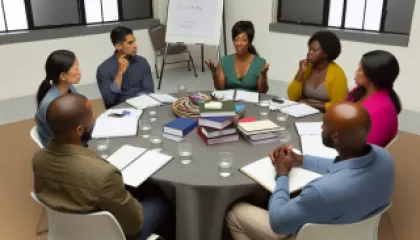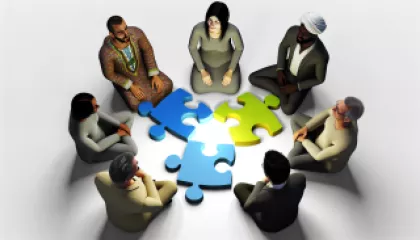Understanding Grief: Insights from Recent Studies
1 year ago
Grief
Mastering the Mindset: My Journey to Embracing Success Psychology
1 year ago
Success Psychology
How Can You Effectively Manage Holiday Stress?
1 year ago
Holiday Stress
Unraveling the Psychology of Belief: Why We Hold Our Convictions
1 year ago
Psychology of Belief
Understanding Stress vs. Anxiety: A Comprehensive Guide
1 year ago
Stress vs Anxiety
Breaking Barriers: An Interview with a Diversity Expert on Confronting Bias
1 year ago
Confronting Bias
Rethinking Academic Stress: A Personal Perspective
1 year ago
Academic Stress
Mastering the Art of Overcoming Resistance: A Comprehensive Guide
1 year ago
Understanding Resistance
Sparking Change: My Journey to Inspire and Motivate Others
1 year ago
Motivating Others









